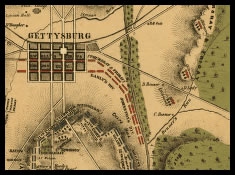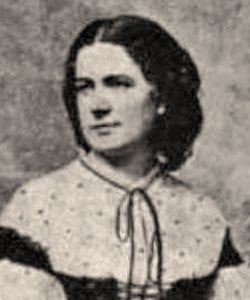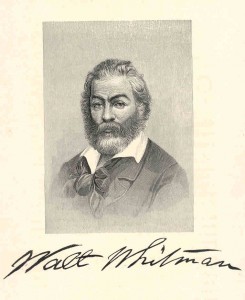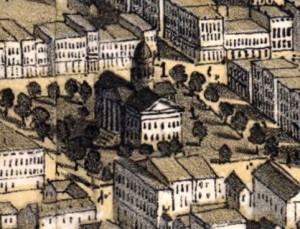
The New York Times recently published a review of two new exhibits on John Brown – one from the Virginia Historical Society in Richmond and another from the New York Historical Society. (The New York Historical Society’s exhibit draws on material from the Gilder Lehrman Institute and some of it is online, as I noted in previous post). Both exhibits may tell a similar story, but they have different perspectives on Brown. Edward Rothstein explains that the New York exhibit “suggests” that “Brown’s legacy…finally found fruition in the 1960s civil rights movement.” As for the Richmond exhibit, the focus is Brown’s decision to sue violence as a means to end slavery. “We hear the clamor of the debate more clearly” as Rothstein notes that this exhibit asks visitors to consider whether “an individual [has] the right to carry out violent acts based on conscience.” While different views on Brown are not surprising, it is interesting to see them reflected in exhibits open at the same time.
 capital of
capital of  The University of Richmond Digital Scholarship Lab’s “
The University of Richmond Digital Scholarship Lab’s “



 ancis Kemp
ancis Kemp







